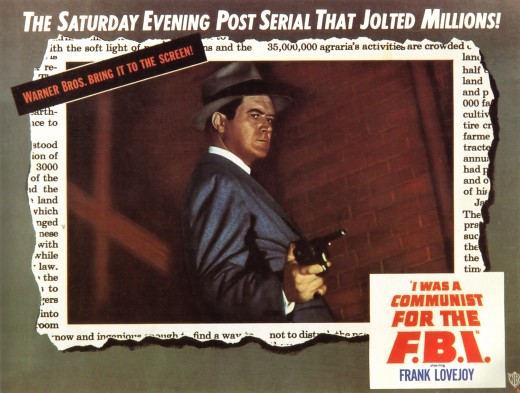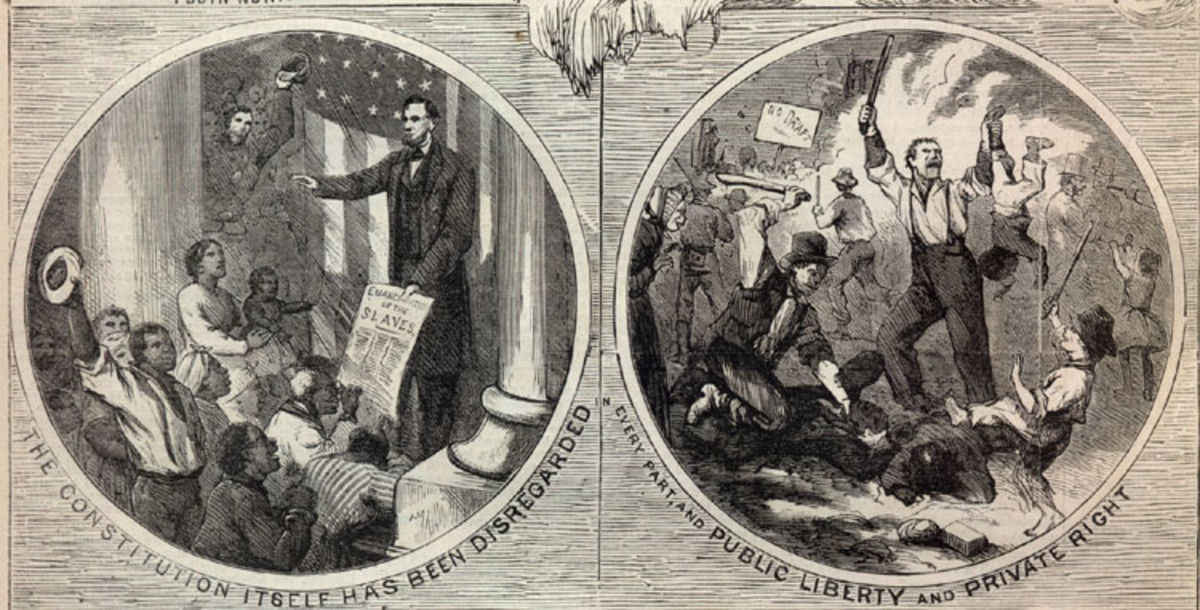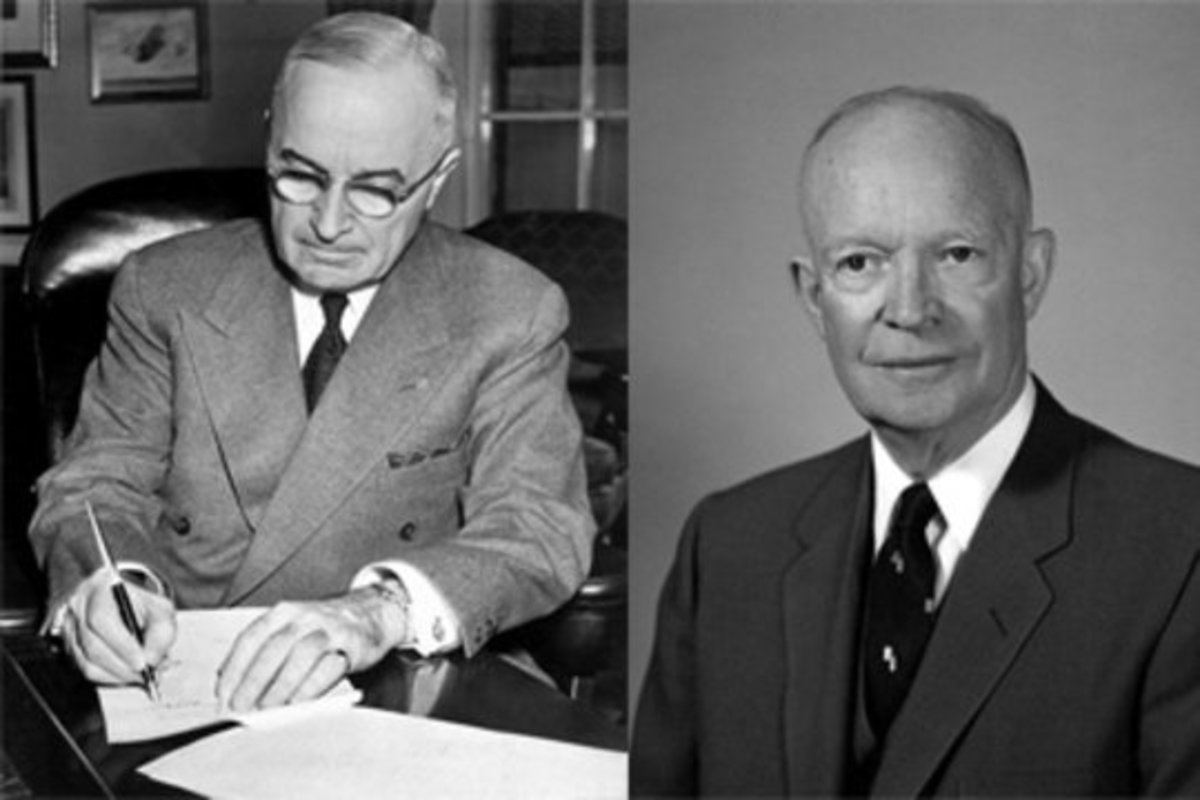I Was A Communist for the FBI (1951) - A propaganda film presenting communism as Anti-American and immoral

In the beginning of the second half of the 20th century, communism was once again in the American spotlight. The american politicians used communism as a vice to further their own political agendas much like the “War on Terror” of today in the Middle East. Republican party leaders, seething at their defeat, were concluding that if the democrats could win advantage by adopting an anticommunist stance, so could they. Republicans suffering from over 20 years of Democratic reign in the oval office, resorted using a scapegoat to gain favor for the 1953 election. That scapegoat was of course communism. But it was the evolution of the Cold War itself, with the “fall” of China, the Soviet development of atomic weapons, and the Korean War, that really gave the Republicans the opportunity to assail the administration with being soft on communism. Truman had used anticommunist sentiments against Henry Wallace, but never before had one major party attempted to deploy the full force of the anticommunist persuasion against the other. With the rise of the cold war, upcoming elections, and HUAC, Warner Brothers Studios presented I Was A Communist For The FBI in full force of anti-communism, through, character behavior, portrayal, and as a documentary of actual fact.
The spy scandals of the early 1950s paved the way for the surreal paranoia of the McCarthy era. Joseph McCarthy, a junior senator from Wisconsin, rose to remarkable prominence based on his increasingly outlandish claims to have evidence of high-level communist infiltration into the U.S. government.“Better than anyone, partly through sheer audacity, McCarthy was able to tap the vein of suspicion that traitors in the government were selling out the United States to the Soviet Union. He interrogated prominent members of the Hollywood community and other political activists on the basis of reasonable suspicion. The list never in fact existed - McCarthy’s speeches wove together garbled and inaccurate extracts from dated documents - but his claim to hard information gave him the spotlight, and in subsequent months he mastered the techniques of keeping it trained on him. The American people had developed a strenuous anxiety due to the imminent threat of a possible nuclear attack. Public opinion continued to move against the Communist party, and by the end of 1949 Gallup was reporting that some 68 percent of Americans - a higher figure than any obtained since 1941 - believed it should be banned. McCarthy brought these individuals into the spotlight, concentrating on what was unseeable and therefore unknowable. Rather than producing actual communist spies he insinuated their presence; that was more than enough to startle the American public. The communists were thus left with little to no support, the visual enemy, labeled as dirty, stinking red and nothing more. Communists - and others who could not bring themselves to execute loyalty oaths - were becoming the victims of widespread conviction that the CP was part of an international conspiracy directed from Moscow, and of the competition as politicians and others in American public life sought to demonstrate their patriotism. McCarthy was given the full unofficial authority to tackle the communist threat. McCarthy’s far-fetched accusations were thus soberly reported as the pronouncements of a United State senator. Further, his tangled charges about Communists in government inevitably became simplified into such headlines as ‘McCarthy Insists Truman Oust Reds,’ leaving the casual reader with the impression that there were reds to be ousted. While his paranoid reign would eventually collapse under its own weight in 1953, in the early years of the 1950s he held the country in the grip of a paranoid nightmare.
The prominence of the military and war readiness in American culture was also reflected in the films of the period. I Was A Communist For The FBI pulled on giving us an inside look at what the American Communist Party was really like, in the eyes of an anti-communistic agenda led film studio. Frank Lovejoy plays Matt Cvetic, an FBI spy who is trying to infiltrate American communist operations by posing as a communist. His family unaware of his true motives, despises him, casting him out from family occasions - even this own mother’s funeral - with violence and spite. But since they are acting out of patriotism his family’s actions are completely justified. Matt’s son who is reported to have been beaten up at school for his father’s communistic stance simply argues that he is upset only because his father is a communist, and not because he was bullied. Matt himself justifies, and is even proud of his son’s hatred for him because Matt was portraying himself as a communist. Love for one’s father is overlooked by his political beliefs. Later we see how the communist party orders violent acts to be taken place in otherwise peaceful protests. They are suspicious of themselves and plot against each other - this is seen as conniving yet they do it because they are constantly being watched.
Ultimately Matt exposes his role as a spy in the McCarthy courtroom and is exonerated by his family and friends. The true evil of the communist leaders being exposed. Yet it is overlooked that Matt himself was a true spy, infiltrating an political organization just as the communists were accused of doing. In the film, Douglas shows us a one-sided view of the American society in which in real life, they were scared for there lives and willing to believe anything. If led to accuse communism, the American people would gladly follow. I Was A Communist For The FBI displays anti-communism through popularity of the McCarthy view, acceptance of the studio’s bias, and prejudice of the American Communist Party.







